The heavy-hitting dance music that was the ubiquitous soundtrack to half of the 90s
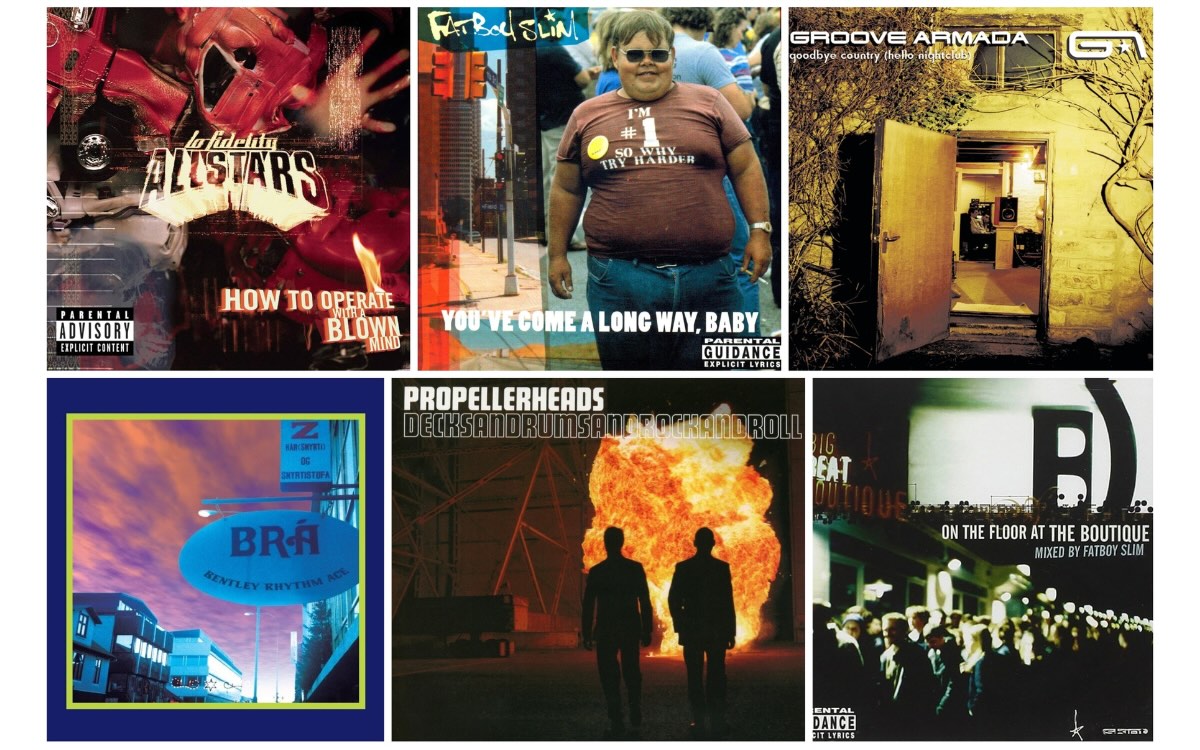
It’s a sobering thought that the sounds of Big Beat are now nearly as bygone as Merseybeat was when Fatboy Slim, Propellerheads and Groove Armada burst onto the dance scene in the mid- to late 90s.
If Britpop was guitar music’s contribution to Cool Britannia, Big Beat was its blissed out, drugged up (and it definitely was up) sibling. Yet in the last years of the century, there was more crossover between the Britpop and dance crowds than there had ever been between rave and indie, that musical gap being bridged by collaborations such as Noel Gallagher, Paul Weller, Tim Burgess and James Dean Bradfield with The Chemical Brothers, Richard Ashcroft and Thom Yorke with U.N.K.L.E., Liam Gallagher with Death In Vegas.
If there’s a genre that managed to bottle the heady optimism of the era, then it’s more the party-ready sounds of Battleflag, The Rockafeller Skank or Bentleys Gonna Sort You Out! than Country House, Common People or Sonnet. Hell, Big Beat was so ubiquitous at the fag end of the 90s and the infant days of the Noughties that Channel Four used it as the theme for their new reality show Big Brother (courtesy of Elementfour, aka Paul Oakenfold and Andy Gray), while many of its signature bangers were cribbed for the blockbuster movies of their day (Ya Mama turns up in Charlie’s Angels, Busy Child’s in Gone In 60 Seconds and Spybreak! soundtracks one of The Matrix’s money shot moments).
Big Beat summarises the spirit of the late 1990s every bit as much the art-school stylings of Blur and the lad rock of Oasis, so much so that Fatboy Slim was one of a small number of artists to perform at the closing ceremony of the 2012 Summer Olympics (playing Right Here Right Now and The Rockafeller Skank, naturally).
Twenty-three years on from Big Beat’s defining moment – Brighton’s 250,000-throng Big Beach Boutique II concert – its original fans have swapped ecstasy pills for multivitamins and traded the Big Beat shuffle for Pilates. For that generation, though, should they ever feel like reliving the most hedonistic moments from their youth, it’s not Urban Hymns or I Should Coco they reach for, but Decksandrumsandrockandroll and You’ve Come A Long Way, Baby.
And while we’re here, though there are strands of the scene in the works of The Chemical Brothers and The Prodigy, they cut across multiple dance music genres. So here, we’re zeroing in on the artists that are 100% undiluted, indisputably Big Beat. Buckle up…
Essential Artists
Fatboy Slim
Breaking through as one-quarter of The Housemartins, before bagging a No.1 (Dub Be Good To Me) with Beats International and then making music as Pizzaman and The Mighty Dub Katz, Norman Cook assumed his Fatboy Slim nom de plume in 1996 with his debut album Better Living Through Chemistry. Aside from his three LPs, he was the late 90s most in-demand remixer, helping Cornershop get to No.1 with his clubby reswizzle of Brimful Of Asha. He hasn’t released an LP since 2004’s Palookaville, but did put out a rare single in 2024, Role Model.
Propellerheads
Before they’d even released their first album, Bath-formed duo Propellerheads made waves with a danced-up cover of the theme to On Her Majesty’s Secret Service for David Arnold’s star-packed Shaken & Stirred: The David Arnold James Bond Project album. They stayed in the Bond world for their Shirley Bassey collab History Repeating, and also worked with Arnold on a track for the 1997 007 movie Tomorrow Never Dies. The only album, Decksandrumsandrockandroll duly followed in 1998 and sadly, by 2003, they were no more.
Bentley Rhythm Ace
Formed in 1995 by Richard March, formerly of Pop Will Eat Itself, and Mike Stokes, ex of Bugweed Centipede, BRA scored a Top 20 hit with their self-titled debut album, and one of Big Beat’s seminal singles in the infectious (and annoyingly apostrophe-free) Bentleys Gonna Sort You Out!. They split shortly after the release of second album For Your Ears Only, only to reform a few years later.
Midfield General
Though to occasional fans, Fatboy Slim remains the figurehead of Big Beat, more committed dance-heads know that it was Damian Harris, aka Midfield General, who helped pave the way for Norman Cook’s reinvention in the second half of the 90s. A prime architect of Big Beat, Harris was the owner of the genre’s main label, Skint Records – home to Fatboy Slim, Bentley Rhythm Ace, Lo Fidelity Allstars, Hardknox, Freq Nasty and X-Press 2 among others.
Essential Albums
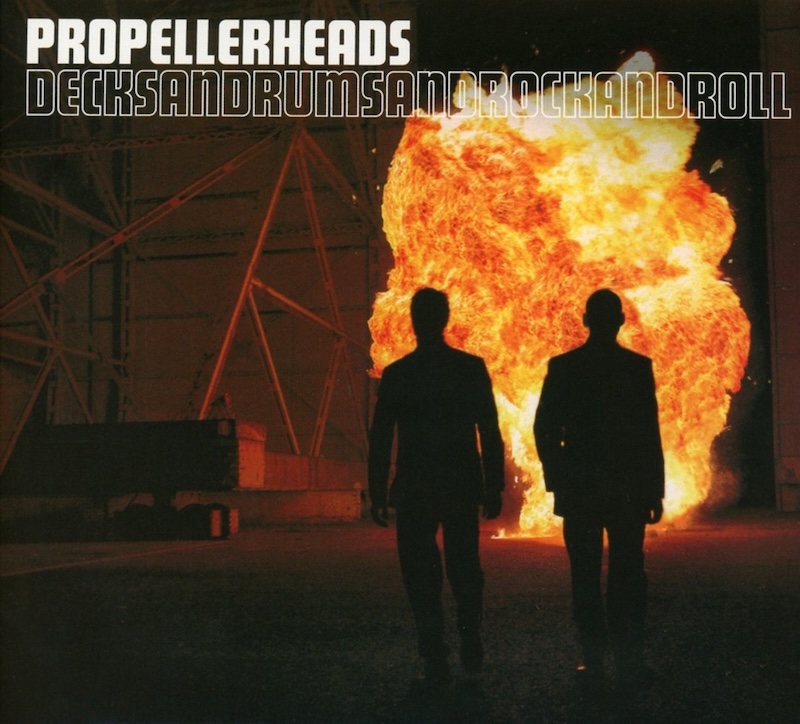
Propellerheads – Decksandrumsandrockandroll
Alex Gifford and Will White’s sole album as Propellerheads was nominated for the Mercury Music Prize in 1998, but lost out to Gomez’s Bring It On (they were robbed). The duo seemed to be everywhere in the late 90s, tracks from this record turning up in The Matrix and Tomorrow Never Dies, while History Repeating was adopted as the theme tune to the television show So Graham Norton. Even Apple were impressed, selecting opening track Take California for their very first iPod commercial in 2001.
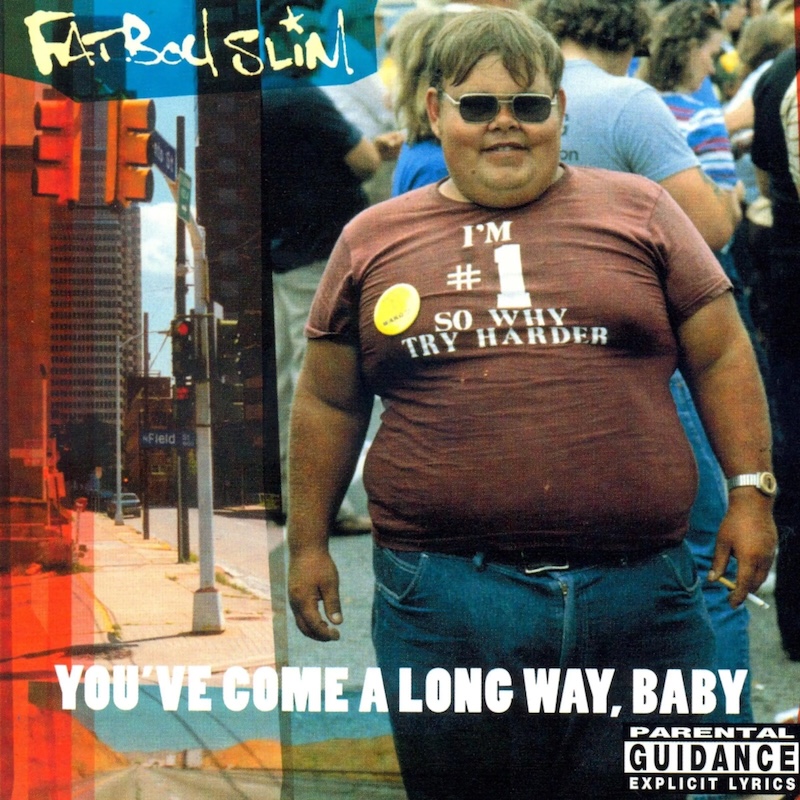
Fatboy Slim – You’ve Come A Long Way, Baby
Fatboy Slim’s debut offering Better Living Through Chemistry barely registered on the media Richter scale upon release in 1996. Two years later, its follow-up would peak at No.1 with all four of its singles going Top 10, while also winning Norman Cook a prestigious BRIT award. The party album of 1998, this sampledelic classic pilfered, as Spin pointed out, “sounds from just about everybody worth robbing, generating the kind of visceral thrills normally reserved for a wrestling match.”
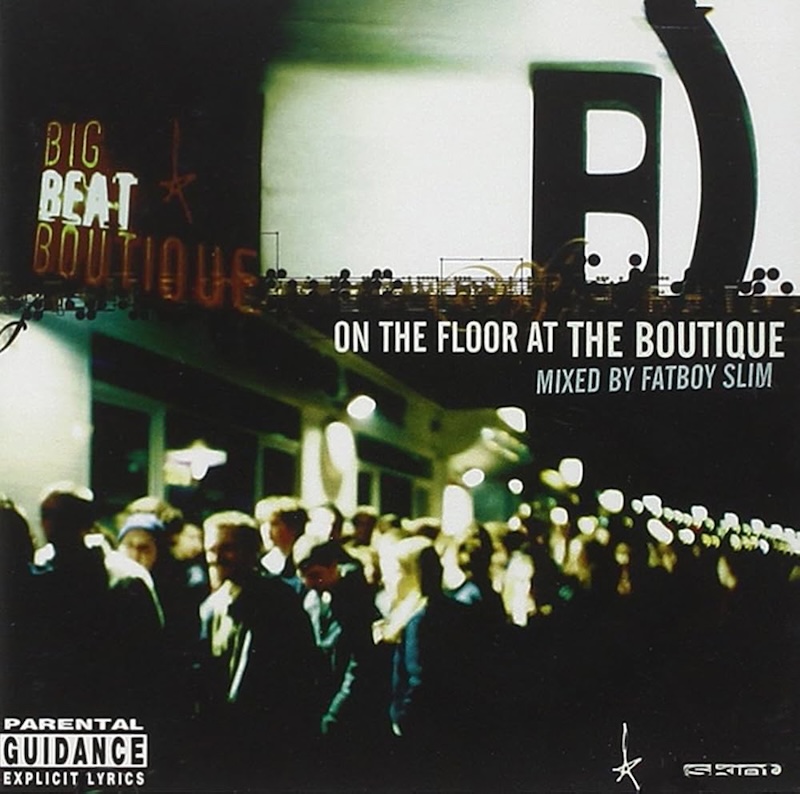
Various Artists – On the Floor At The Boutique
Masterminded by Fatboy Slim, this album (recorded live at Brighton’s Big Beat Boutique) compiles 19 songs from a variety of artists in a non-stop mix. Sampling everyone from the Jungle Brothers and Cirrus to Michael Viner’s Incredible Bongo Band, it’s a virtual blueprint for the Big Beat sound, so much so that it spawned two follow-ups, with Volume II being driven by the Lo Fidelity Allstars and Volume III by Midfield General.
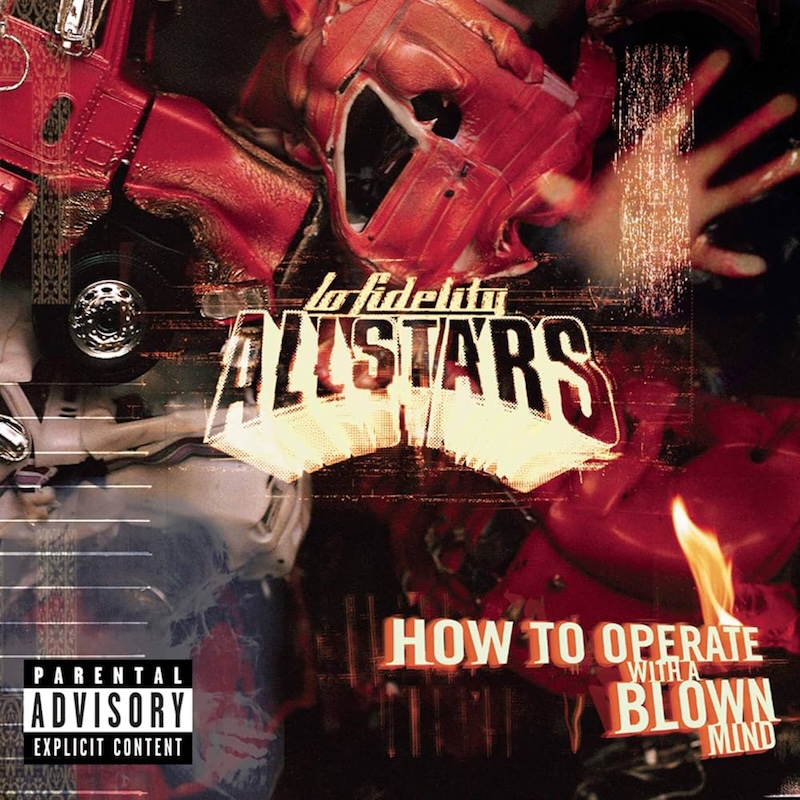
Lo Fidelity Allstars – How To Operate With A Blown Mind
Noticeably rowdier and messier than Fatboy’s more mass-appeal Big Beat offerings, Skint Records’ Lo Fidelity Allstars sounded like , as Entertainment Weekly summed up at the time, “what would happen if a barking, beat-inspired goth fronted a shambling electronica band that dabbled in everything from drum-and-bass to hectic breakbeats.” The band’s most successful record (it peaked at No.15), it was listed at No.21 in the NME’s list of the best LPs of 1998, one position higher than The Miseducation Of Lauryn Hill.
Read More: 90s dance – the essential playlist
Classic Pop may earn commission from the links on this page, but we only feature products we think you will enjoy.


